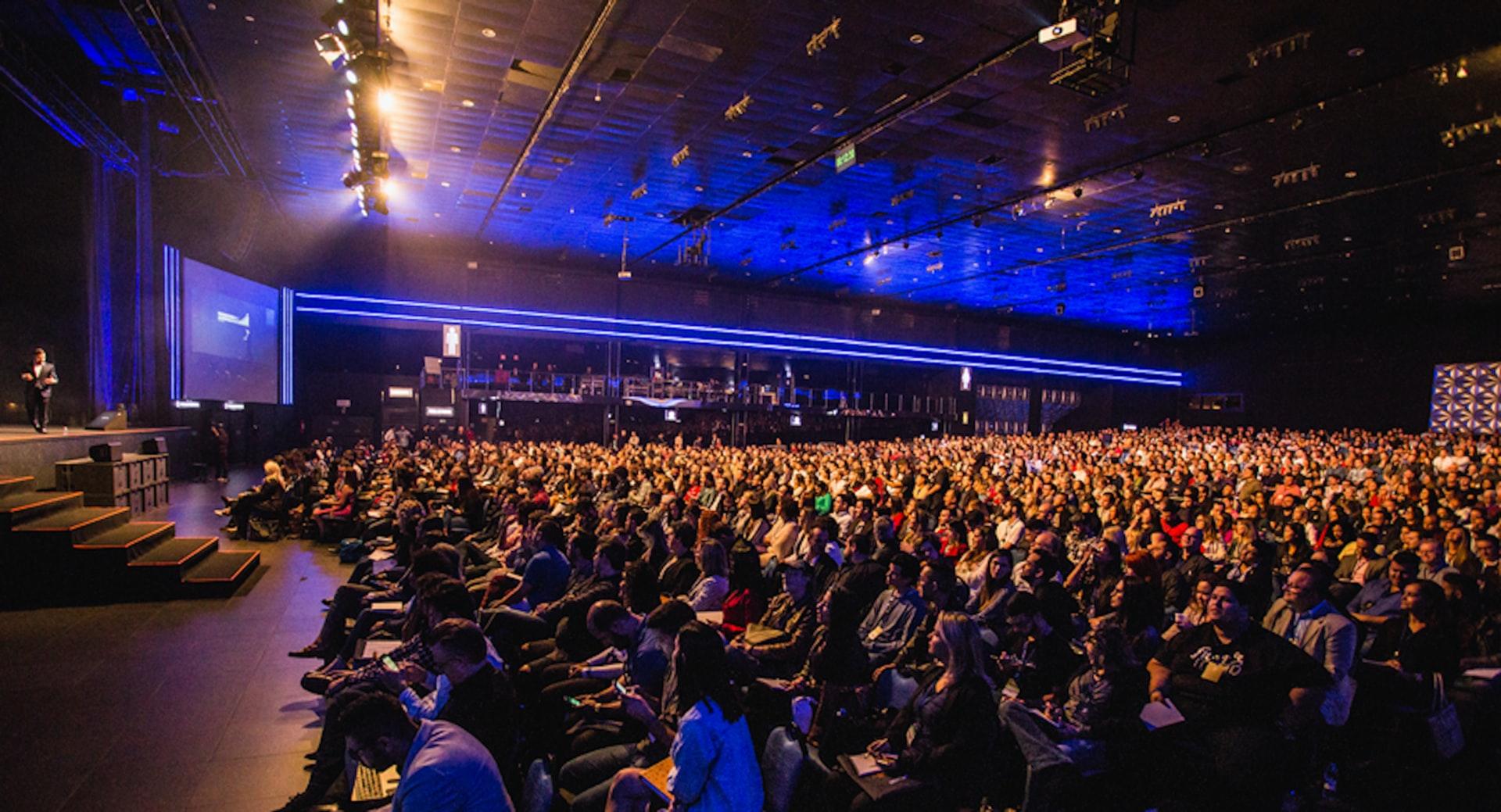Can a single event really fuel business growth?
Without question.
Not just in theory—but in boardrooms, ballrooms, and bespoke venues across Dubai and the UAE, where forward-thinking brands are using events as a catalyst for visibility, velocity, and serious ROI.
Because events aren’t just celebrations.
They’re strategy, wrapped in experience.
They’re not fluff—they’re fuel.
So if you’ve been underestimating what a well-crafted gathering can do for your business… it’s time to think bigger. Much bigger.
Here’s why your next corporate event might just be your secret growth weapon.
1. Culture Isn’t Preached. It’s Experienced.
You can’t build culture with a memo.
You build it with moments—shared, intentional, electric moments that bring your people together and align them toward a common vision.
Think:
- Leadership offsites that spark clarity and commitment
- Team retreats that dissolve silos and build trust
- Wellness days that show your people they matter
These aren’t “nice-to-haves.” They’re culture-defining moves.
And when your team feels connected, celebrated, and empowered—performance soars, loyalty deepens, and innovation flows.
That’s not just good vibes. That’s high-impact business.
2. Clients Forget Ads. They Remember How You Made Them Feel.
You don’t win hearts and deals with email campaigns alone.
You do it by creating experiences that clients feel in their bones—and talk about for months.
Picture this:
- A VIP dinner where thought leaders spark new ideas
- An immersive product reveal that turns curiosity into conversion
- A luxury appreciation event that puts your clients in the spotlight
These aren’t just events. They’re relationship accelerators.
When you craft unforgettable moments around your brand, trust deepens. Loyalty strengthens. Referrals skyrocket
3. Events That Don’t Just Attract—They Convert.
Corporate events are the new marketing funnel—you just need to design them like one.
Done right, public-facing events become:
- Lead magnets
- Brand showcases
- Conversion engines
From branded activations and product launches to thought leadership panels and industry mixers, every detail becomes a touchpoint—from the RSVP to the thank-you note.
Layer in smart lead capture, irresistible CTAs, and social integrations, and you’ve turned a single day into a multi-channel growth engine.
4. Thought Leaders Don’t Wait for the Stage. They Build It.
In a world of noise, events cut through.
When you host your own, you’re not just part of the conversation—you’re shaping it.
And the payoff?
- Media buzz
- Strategic alliances
- Credibility that money can’t buy
Whether it’s a high-level roundtable or a 500-person flagship summit, events give your brand a powerful platform.
You don’t just own the room—you own the narrative.
Your Next Big Move? Make It Bold.
At Big Bold Thinkers, we don’t plan events.
We architect brand-defining experiences—crafted with precision, driven by strategy, and designed to make people feel, think, and act.
Whether it’s 50 people or 500, an executive dinner or an epic launch—we bring the big energy, creative firepower, and flawless execution to turn your event into a serious business advantage.
So, are you ready to stop hosting events—and start igniting movements?
Your audience is waiting. Let’s make it unforgettable.


